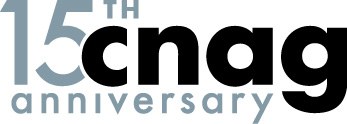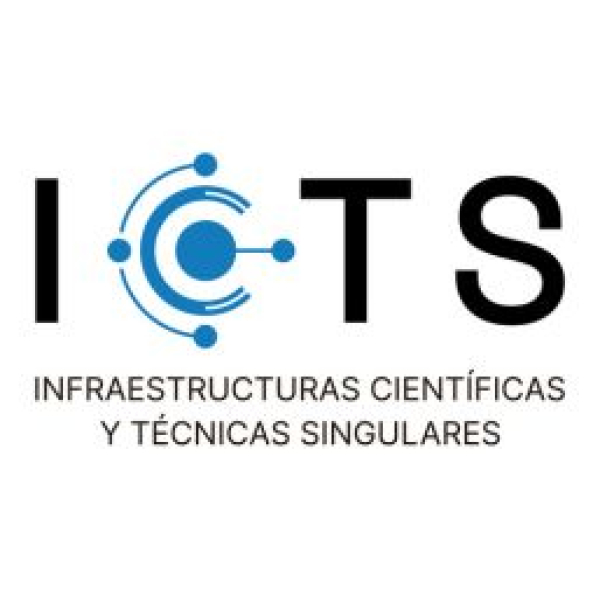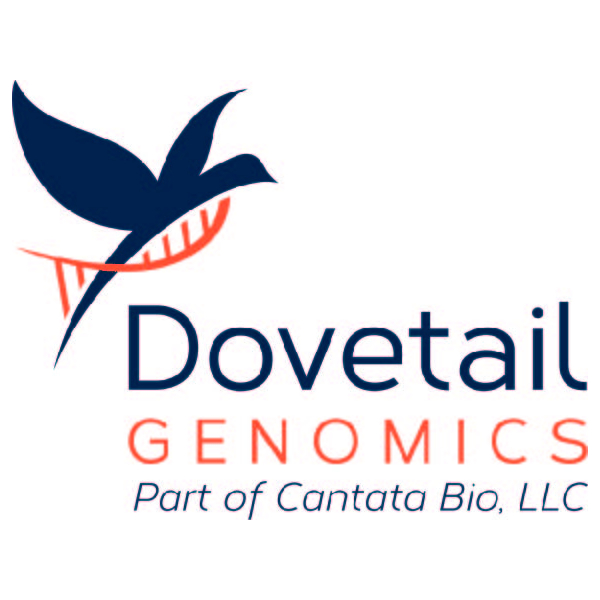CNAG – The Institute
The Centro Nacional de Análisis Genómico (CNAG) is one of the largest Genome Sequencing Centers in Europe.
The CNAG Consortium aims to carry out large-scale projects in DNA/RNA analysis for the improvement of quality of life in collaboration with the Spanish, European and International Research Community. CNAG researchers participate in major International Genome Initiatives such as the Human Cell Atlas (HCA), the International Cancer Genome Consortium (ICGC), the International Human Epigenome Consortium (IHEC), the International Rare Diseases Research Consortium (IRDiRC), the European Reference Genome Atlas (ERGA) and the European Infrastructure for life-science information (ELIXIR), as well as in several EU-funded projects.
CNAG occupies approximately 1,400 square meters of laboratory and office space and operates 4 Illumina instruments (3 NovaSeq6000 and 1 MiSeq) and 2 large Oxford Nanopore Technologies sequencers (1 PromethION 24 and 1 GridION Mk1) that produce more than 7 Tbases of sequencing data per day. The sequencing operation is supported by an extensive informatics infrastructure: 15 petabyte of data storage, 10.000 computing cores and an internal 56 Gb/s network. The operation is certified ISO 9001 and accredited ISO 17025 and serves to deliver standardized, high-quality data for research and clinics. CNAG has highly developed single-cell operation equipped with a 10x Chromium X, 10x Chromium Connect, MissionBio Tapetri for individual cell analyses and for tissue analysis a Nanostring CosMx, 10x Visium, Stereo-seq, and VUTARA VXL.
The CNAG has more than 100 professionals, structured in different units such Bioinformatics, Sequencing, Single-cell, Research, and Corporate Management.
The Role
The Structural Genomics Group headed by Marc A. Marti-Renom and hosted at the CNAG and the Genome Biology Program of the CRG is seeking a specialized technician to work in the field of structural genomics.
Currently, we are seeking a Computational Biologist to join our lab as part of the Center for Genome Imaging (CGI, https://www.cegs-cgi.org funded by the CEGS Program of NIH/NHGRI). CGI’s journey aims to image, analyze, and model the human genome at super-resolution. This project is shared with The Wu lab (Harvard Medical School), the Neretti Lab (Brown U.) and the Aiden Lab (Baylor). The successful candidate will contribute to the labs efforts to model genomes in 3D based on Hi-C datasets as well as imaging data. She/he will be closely collaborating with the members of the CGI to address the computational needs for analyzing and modeling genomic datasets. Additionally, she/he is expected to collaborate in projects involved in fundamental, applied and clinical research covering diverse areas of human health, disease and model organisms. Experience coding in a Python environment as well as modeling genomes using the TADbit platform is a must. Previous experience in population genomics will be a plus. This position is funded for 2 years with a possibility to extend it.
We are looking for a highly motivated and creative thinking individual who is interested in working in an environment where the technical sophistication of structural genomics technologies meets innovative approaches for interpreting data and generating new knowledge. We require the ability for working in a multi-disciplinary context on collaborative projects.
Please, visit our web site at http://marciuslab.org to see our work and all publications from the group.
Whom would we like to hire?
• PhD in bioinformatics, computational biology or related.
• More than 5 year of work experience.
• Strong expertise in structural genomics techniques.
• Knowledge in NGS- or imaging-based genomics.
• Good problem-solving skills, time management and strategic thinking.
• Strong commitment to high-quality work.
• Excellent communication and writing skills.
Specific tasks:
• Develop and implement computational methods for genome structural analysis.
• Application of modeling techniques to model genomes and genomic domains in space and time.
• Study genetic variability and homology in genomes.
• Participation of collaborative projects.
The Offer
• Contract duration: initially 2 years
• Estimated annual gross salary: Salary is commensurate with qualifications and consistent with our pay scales.
• Target start date: as soon as possible
We provide a highly stimulating environment with state-of-the-art infrastructures, and unique professional career development opportunities.
We offer and promote a diverse and inclusive environment and welcomes applicants regardless of age, disability, gender, nationality, race, religion or sexual orientation.
We are committed to reconcile a work and family life for our employees and are offering the opportunity to benefit from annual leave and flexible working hours.
Application Procedure
All applications must include:
• A complete CV including contact details.
• Contact details of two referees.
All applications must be addressed to Dr. Marc A. Marti-Renom – martirenom@cnag.eu / mireya.fernandez@cnag.eu
Deadline: Please submit your application by 10/Nov/2023
Interview: Shortlisted candidates may be invited for interview at CNAG on 15/Nov/2023
Please, see all of our job opportunities in the Career site of CNAG website: https://www.cnag.eu/jobs











